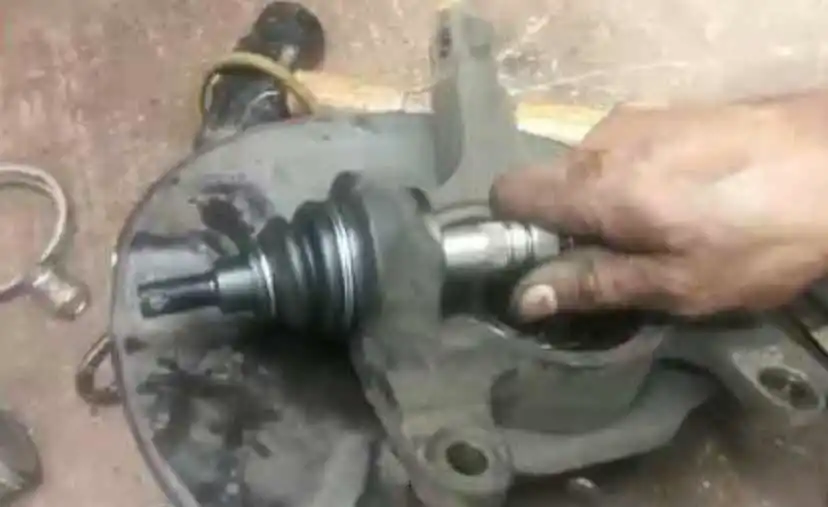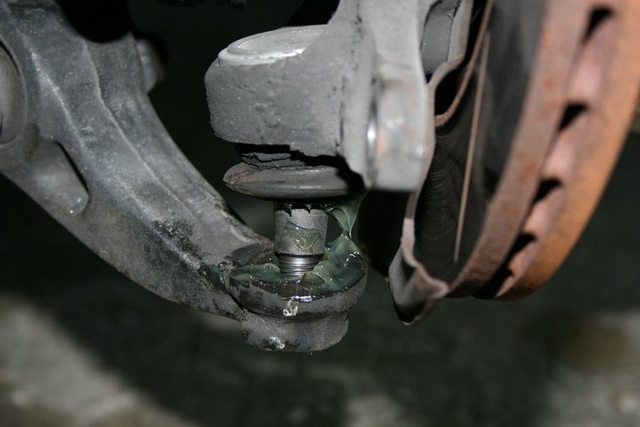Honda’s explanation sheds light on the cause behind the recall affecting 245 Ridgelines and Passports, indicating a procedural misstep in the assembly process.
According to Honda’s statement:
“Due to a lack of maintenance to the steering gearbox workbench (pallet & clamps), the steering gearbox was improperly secured to the workbench, triggering an alarm during the tightening procedure. To subvert the alarm, the operator inappropriately performed the procedure by applying the torque wrench to the torque analyzer rather than the part itself.”
In simpler terms, it appears that a fixture malfunctioned in the assembly line section responsible for steering component assembly. Faced with this issue, a worker improvised a solution to avoid halting the production line.
Instead of directly applying the torque wrench to the bolt, the worker used the torque analyzer, bypassing the alarm system to meet the required torque specifications.

The affected vehicles, totaling 245 units, were manufactured over two days in September of the previous year (the 21st and 22nd).
While the nuts were indeed torqued, uncertainties arose from potential misalignment of the steering box in the fixture, leading to doubts regarding proper torque application.
Furthermore, the torque analyzer wasn’t directly utilized on the nuts, leaving a lack of definitive documentation regarding torque application. As a precautionary measure, Honda has initiated inspections and torque adjustments for all vehicles produced on the affected line during those two days.
Honda estimates that approximately one percent of the 245 vehicles may be directly impacted by the defect, equating to two or three cars requiring torque adjustment for the inner ball joint.
Also read: Honda’s MotoGP Progress Now Inclusive, Beyond Marquez’s Influence

